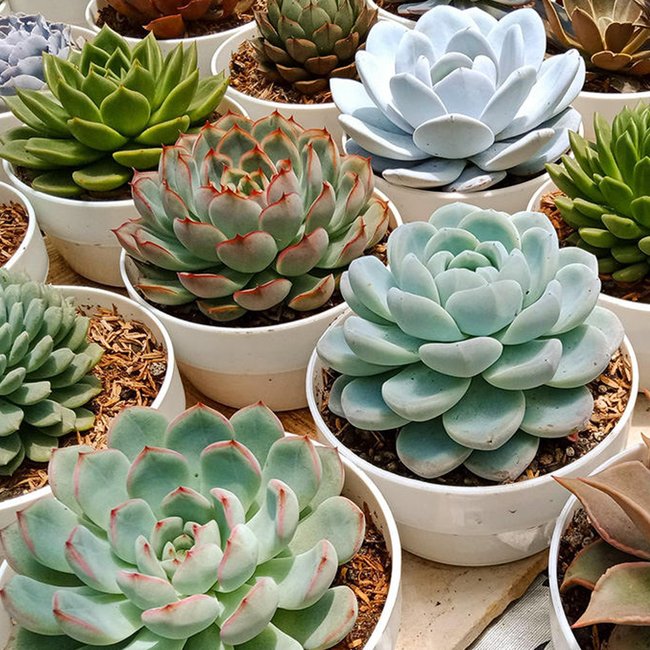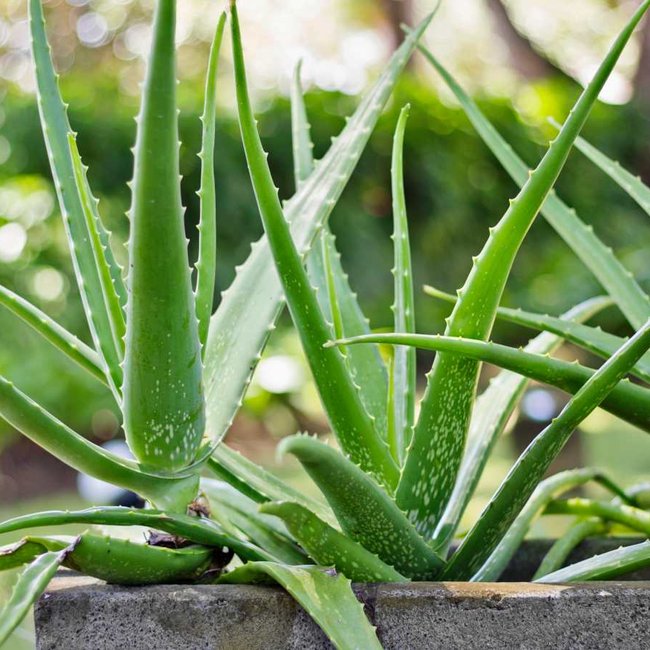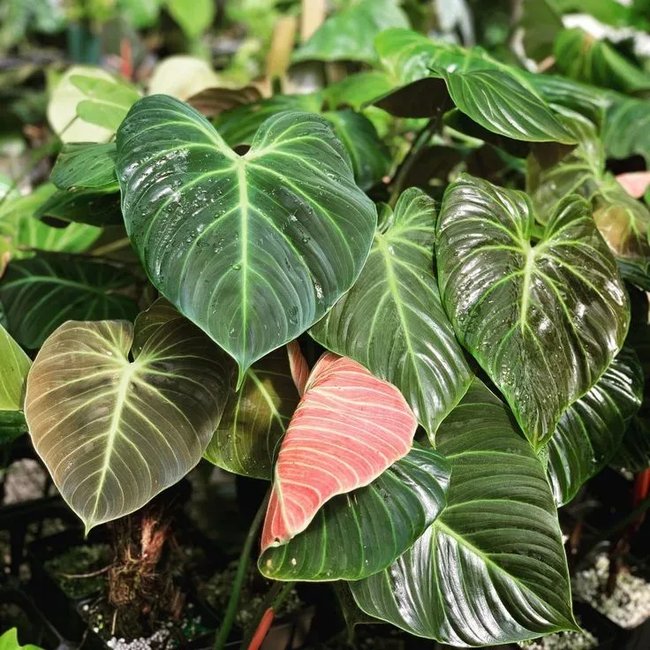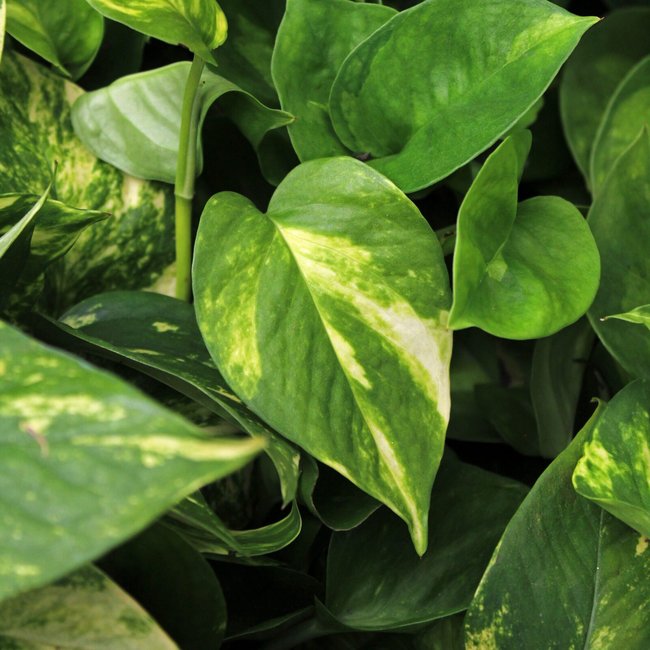Oregano
Oregano is an herbaceous perennial plant native to the Mediterranean region and is popularly used as a culinary herb. It is also known by its scientific name, Origanum vulgare.
Classification and Taxonomy
Oregano belongs to the family Lamiaceae and is closely related to mint, thyme, basil, and rosemary.
Description and Characteristics
Oregano is an aromatic herb with a strong, pungent flavor. It has a woody stem and is covered with small, oval-shaped, gray-green leaves. The flowers of oregano are small and white or pink in color.
Distribution and Habitat
Oregano is native to the Mediterranean region, but it is now grown in many parts of the world. It grows best in well-drained, sunny locations.
Ecology and Reproduction
Oregano is a self-pollinating plant and is propagated by seed or cuttings.
Uses and Economic Importance
Oregano is widely used in cooking, particularly in Italian, Greek, and Mexican cuisines. It is also used in medicine to treat a variety of ailments.
Conservation Status
Oregano is not considered to be threatened or endangered.
-
What is Oregano?
Oregano is a perennial herb that belongs to the mint family, Lamiaceae. It is widely used in cooking and is known for its strong, aromatic flavor. Oregano is native to the Mediterranean region but is now cultivated in many parts of the world.
-
What are the health benefits of Oregano?
Oregano is known for its numerous health benefits. It is rich in antioxidants, which help to protect the body against damage caused by free radicals. Oregano is also a good source of vitamins and minerals, including vitamin K, iron, and calcium. Some studies have suggested that oregano may have antibacterial and antiviral properties, and may even help to reduce inflammation.
-
How is Oregano used in cooking?
Oregano is a popular herb in Mediterranean cuisine and is commonly used in dishes such as pizza, pasta sauces, and salads. It is also used in marinades for meat and poultry, as well as in soups and stews. Oregano can be used fresh or dried, and its strong, spicy flavor means that a little goes a long way.
-
How is Oregano grown?
Oregano is a hardy herb that is relatively easy to grow. It prefers well-drained soil and a sunny location, and can be grown in containers or in the ground. Oregano can be propagated from seed or by dividing established plants. It is important to prune oregano regularly to keep it from becoming too woody, and to prevent it from spreading too much.
-
What are some other uses for Oregano?
In addition to its culinary uses, oregano has a number of other applications. It is sometimes used in aromatherapy and is said to have a calming effect. Oregano oil is also used in some natural remedies for ailments such as sore throats, colds, and digestive problems. Some people also use oregano as a natural insect repellent.
-
Can Oregano be harmful?
While oregano is generally safe for consumption, some people may have an allergic reaction to it. Oregano oil should be used with caution, as it can be very potent and may cause skin irritation or other adverse reactions. Additionally, pregnant women should avoid consuming large amounts of oregano, as it may stimulate the uterus and cause contractions. As with any herb or supplement, it is always best to consult with a healthcare professional before using oregano for medicinal purposes.
-
How long does Oregano last?
Oregano can last for several weeks when stored properly. Fresh oregano should be stored in the refrigerator in a sealed plastic bag or container, and can last up to two weeks. Dried oregano should be stored in an airtight container in a cool, dark place, and can last up to six months. It is important to check the expiration date on packaged oregano, and to discard any herbs that have a musty or off odor.
10 Fun Facts About
1. Oregano is a member of the mint family. 2. The name oregano is derived from the Greek words oros (mountain) and ganos (joy). 3. Oregano is rich in antioxidants, which can help protect the body from free radicals. 4. Oregano is a natural source of vitamins and minerals, including vitamin K, iron, calcium, manganese, and magnesium. 5. Oregano is a natural insect repellent. 6. Oregano is believed to have anti-inflammatory and antimicrobial properties. 7. Oregano essential oil is used in aromatherapy to help reduce stress and anxiety. 8. Oregano has been used for centuries to treat digestive issues such as indigestion and bloating. 9. Oregano is a popular ingredient in Italian and Greek dishes. 10. Oregano is also used to make herbal teas.
Pun
Oregano is the spice of life!
Similar To
Sage, Rosemary, Thyme, Basil Keywords: Oregano, Herb, Mediterranean, Mint, Culinary, Aromatic, Inflammation, Antimicrobial, Essential Oil, Tea.








